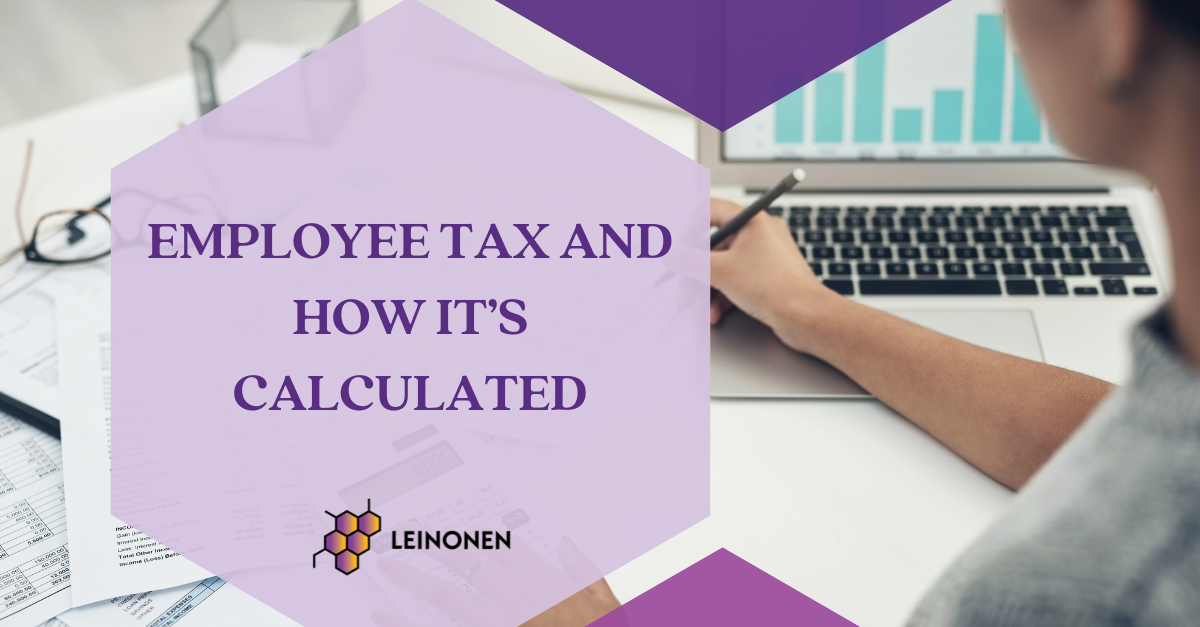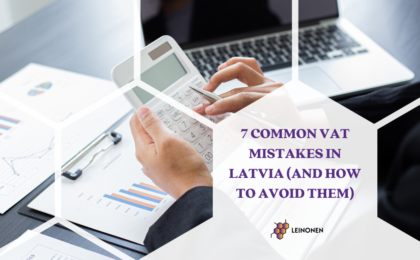The Latvian labour law sets minimum employment requirements including equal pay for work of men and women, amount of minimum salary, entitlement for paid leave etc. The minimum salary is 620 EUR (40 hour working week) in 2023. The minimum hourly rate is calculated according with formula set by the Cabinet of Ministers regulations and is based on the minimum salary and the normal working hours per month.
Overtime regulation
Overtime work shall mean work performed by an employee in addition to regular working time. Overtime work is permitted if the employee and the employer have so agreed in writing.
An employee who performs overtime work or work on a public holiday shall receive a supplement of not less than 100 % of the hourly or daily wage rate specified for him or her, but if piecework pay has been agreed upon, a supplement of not less than 100 % of the piecework rate for work done. A collective agreement or an employment contract may specify a higher supplement for overtime work or work on a public holiday. The employee and the employer can mutually agree that the additional payment can be replaced with additional paid leave in the amount of worked overtime hours.
Payroll taxes
Personal income tax (hereinafter – PIT) is paid by individuals, residents who have earned income in Latvia and/or abroad during the taxation period. PIT is also paid by non-resident individuals who have earned income in Latvia during the taxation period.
The law PIT obliges the employer to calculate PIT from the employment income, withhold it and pay it to the state budget.
According to the PIT law, salary or other compensation paid by the employer to employee, including all supplements to salary, vacation pay, commissions, bonuses are subject to payroll tax.
PIT has different tax rates and application depends on whether the employee has submitted a salary tax book to the employer, and, whether information provided by the employee in the electronic declaration system of the State Revenue Service (EDS) about himself to the employer, i.e. i.e. whether the employee has indicated that they are entitled to additional tax benefits.
The amount of relief for the dependent is 250 EUR a month. There is differential non-taxable income depending on the total annual income of the person. Latvian Tax authority provides the information on estimated non-taxable minimum to person twice a year.
The employer’s benefits to employees i.e., gifts exceeding 15 EUR in the taxation year, medical insurance paid by employer, housing, daily allowances for business trips, exceeding the limits set by Regulations and other benefits are all taxable. If the employer pays or compensates for sport activities, the employees are allowed to use car for private purposes or employees are given discounts for the employer’s products/services, then such benefits are benefit in kind and are taxed as a part of salary.
The most common benefits to the employees are:
- Additional health insurance;
- Life insurance (certain conditions must be fulfilled, please see below);
- Transfer to pension funds (certain conditions must be fulfilled, please see below);
- Payments for sport activities;
- Use of car for private purposes;
- Discounts for production/services.
However, there are few exemptions, such as meals and medical expenses covered by employer up to 480 EUR per year are not taxable. To apply the exemption, following criteria should be met :
- the meal expenses and medical expenses of all employees paid by the employer in the collective labor agreement do not exceed 5% of the employer’s annual gross salary fund;
- the employer employs at least 6 employees;
- the employer has no tax debts that exceed EUR 150 in total;
- the employer has not been found guilty of an offense related to employment of employees or failure to investigate an accident at work during the last two tax years;
- the employer has carried out economic activity for at least one full calendar year before the tax year in which the application of the exemption for employees begins;
- the employer has not been declared bankrupt, its economic activity has not been suspended or it is not being liquidated.
Law also provides some non-taxable benefits, such as:
- statutory compensation for incapacity to work resulting from physical injury or other damage to health, or for loss of a breadwinner.
- funeral expenses paid by the employer on the death of an employee or their immediate relative (not exceeding EUR 250 annually).
- statutory compensation at rates set by the regulation, excluding compensation for unused vacation (expenses of an employee which, in conformity with the provisions of the employment contract, are necessary for the performance of work or have been incurred with the consent of the employer);
- expenses of the employer necessary for the fulfillment of labor protection requirements specified in the Labor Protection Law (including expenses related to the mandatory health examinations of employees).
Latvia has adopted a progressive personal income tax system. Progressive personal income tax rates.
- 20% rate on annual income up to 20 004 euro;
- 23% rate on annual income exceeding 20 004 euro;
- 31 % rate on annual income exceeding 78 100 euro.
Tax rates for other income:
- 20% rate for capital income (dividends, interests), capital gains, royalties,
- 10% rate – income from certain business activities.
Mandatory state social security contributions
Mandatory state social security contributions (hereinafter -the SSC) should be made from the gross employment income. The employer’s contribution rate is 23,59 %; the employee’s contribution rate is 10,50 % which is deducted from the employee’s income. For certain groups i.e., people with disabilities and pensioners employed, self-employed persons etc. the rates may be different.
Employer report must be submitted monthly, by the 17th date of following month. Payroll taxes are paid by 23rd date of the following month.
Example of salary calculation:
Gross salary 2500 EUR, salary tax book is submitted to employer.
SSC employee part: 2500*10,50% =262,50 EUR
SSC employer part: 2500*23,59% = 589,75 EUR
PIT for income up to 1667 EUR: at tax rate 20% = 280.90 EUR
PIT for the income part exceeding 1667 EUR: at tax rate 23% = 191.59 EUR
Risk duty per employee: 0,36 EUR
Employee net income: 2500-262,50-280,90-191,59=1765,01 EUR
Employer total costs: 3090.11 EUR
If the employee’s income exceeds the maximum amount of SSC, the employer and the employee is obliged to pay a solidarity tax on income above the stated maximum amount (78 100 EUR in 2023). The solidarity tax rate in 2023 is 25%.
Contact Information of the Advisory Department
Should you have any questions or further information is required, please contact Jānis Ozoliņš (janis.ozolins@leinonen.lv, phone: +371 23 995 384) or Līga Treilone (liga.treilone@leinonen.lv, phone: +371 23 995 387).




